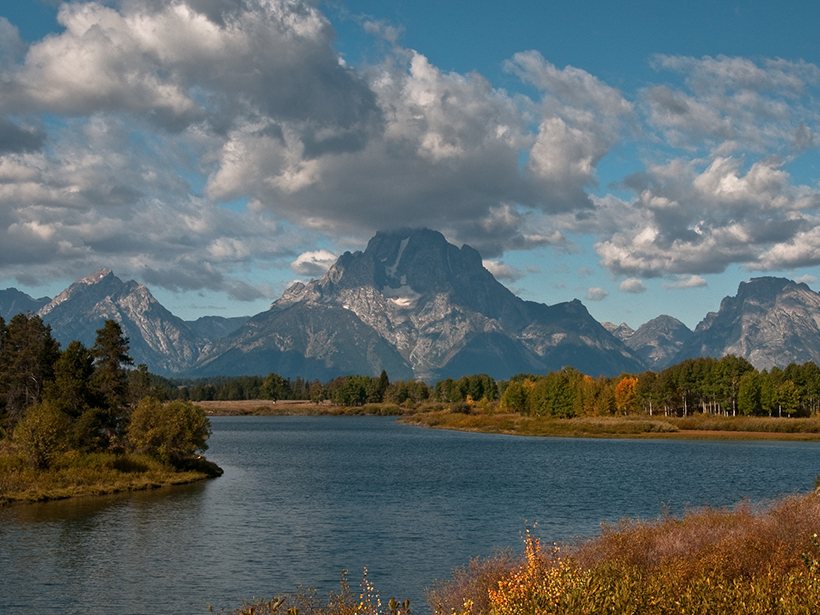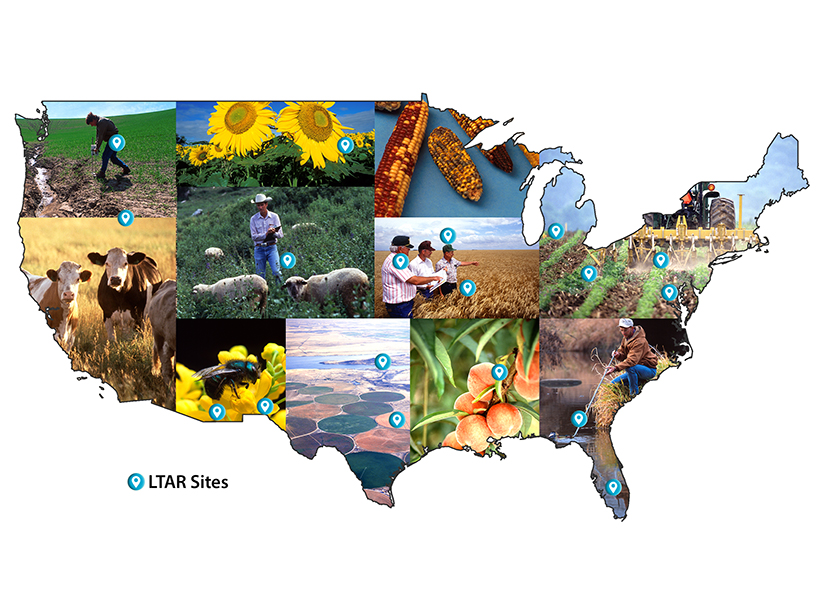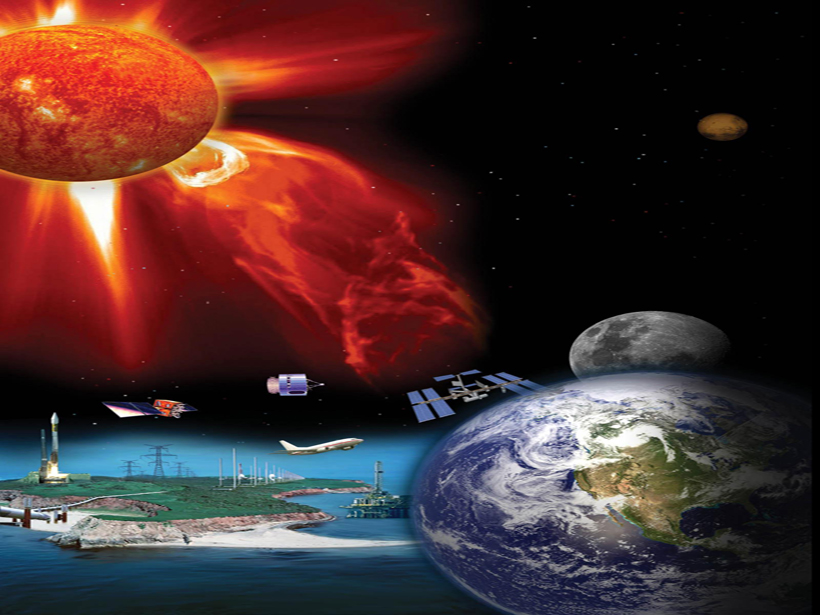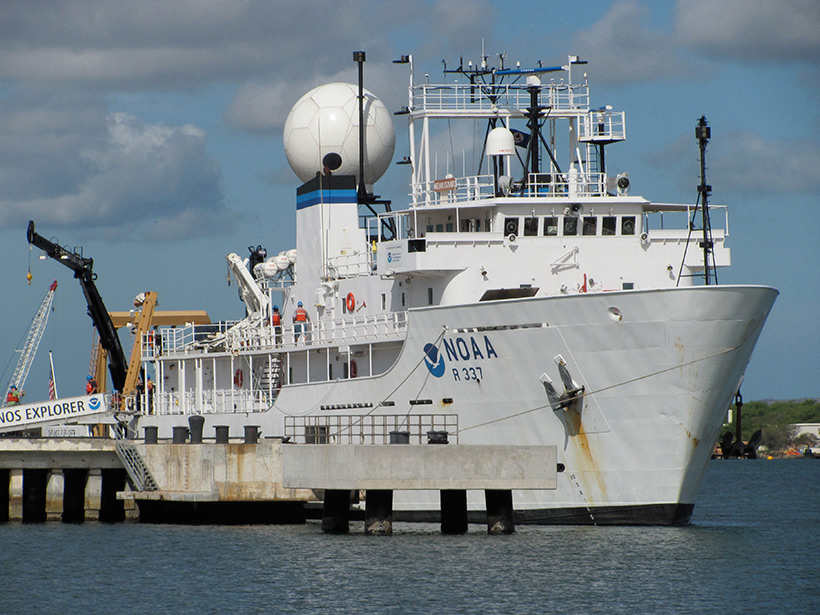The U.S. National Park Service science adviser calls climate change an "overarching" challenge facing the national parks.
United States
Government OK's Moon Express Mission to the Moon
The company envisions the mission as a first step in bringing resources from the Moon back to the Earth.
Preparing to Face the Future of Agriculture in the United States
Third Annual Long-Term Agroecosystem Research (LTAR) Meeting; Venus, Florida, 22–26 February 2016
Academy Head Says Political Rancor Harms Science, Society
The retiring National Academy of Sciences president says allegations that climate change is a fraud are deeply upsetting. But he hopes rabid partisanship can be eased.
Novel Technique Finds New Features Under United States
A new high-fidelity tomography harnesses USArray data to expose a wealth of noteworthy crustal and upper mantle structures, including previously unknown anomalies beneath the Appalachians.
Habitat Fragmentation Prevents Migration During Climate Change
East Coast species will face the most difficulty finding routes to cooler homes as climate change forces migration.
Predicting Temperature Shifts off the U.S. East Coast
New research reveals the relative importance of oceanic and atmospheric processes in year-to-year changes in ocean temperature along the Middle Atlantic Bight.
Space Weather Research and Forecasting Act Introduced to Senate
This bill is a welcome and proactive effort to align all federal agencies to act in the nation's best interest when it comes to forecasting and responding to extreme space weather events.
How Tropical Cyclones Influence Photosynthesis
A new modeling study gives insight into how tropical cyclones affected ecosystems in the southeastern United States between 2002 and 2012.
Advisory Panel Calls for Large Increase for Ocean Exploration
The recently established Ocean Exploration Advisory Board also urged the National Oceanic and Atmospheric Administration to increase its role in federal coordination of exploration.









